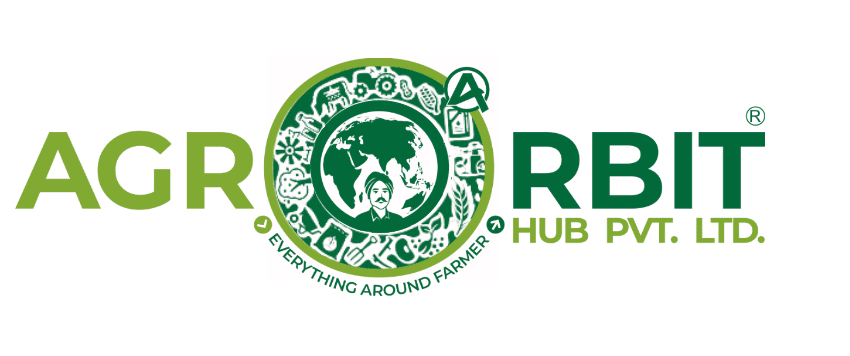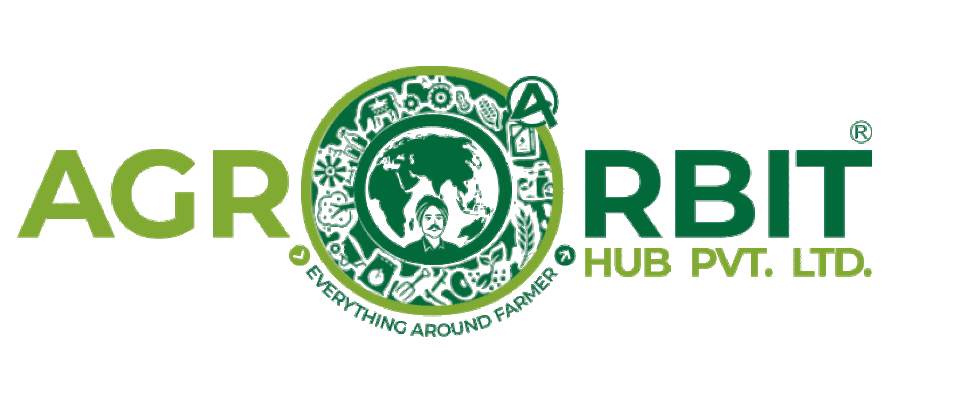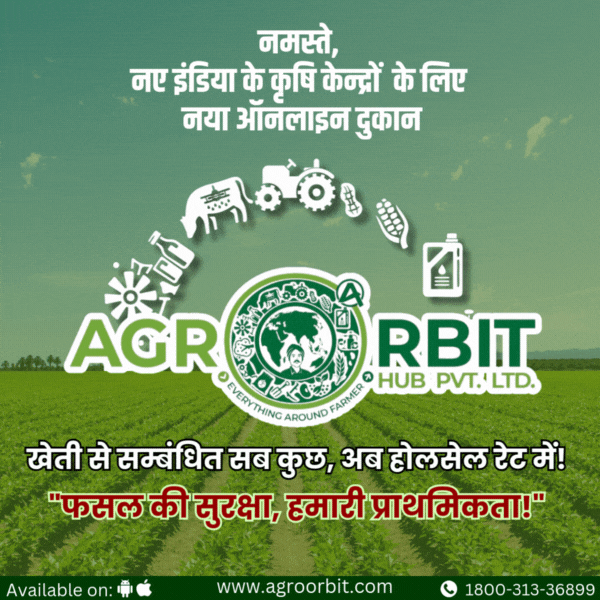

POTASSIUM PLAYS SEVERAL ESSENTIAL ROLES IN PLANT GROWTH AND DEVELOPMENT
Potassium also helps regulate the opening and closing of the
stomata, which regulates the exchange of water vapor, oxygen and carbon
dioxide. If K is deficient or not supplied in adequate amounts, it stunts plant
growth and reduces yield.
Potassium is associated with the movement of water, nutrients and
carbohydrates in plant tissue. It’s involved with enzyme activation within the
plant, which affects protein, starch and adenosine triphosphate (ATP)
production. The production of ATP can regulate the rate of photosynthesis.
Potassium also helps regulate the opening and closing of the stomata,
which regulates the exchange of water vapor, oxygen and carbon dioxide. If K is
deficient or not supplied in adequate amounts, it stunts plant growth and
reduces yield.
Potassium is a crucial nutrient for plant growth and development. Here’s
a summary of its roles:
- Regulates
Water Balance: Potassium helps control the opening and
closing of stomata, which regulates water loss and improves drought
resistance.
- Enhances
Photosynthesis: It plays a key role in the synthesis of
carbohydrates by activating enzymes involved in photosynthesis, thus
boosting overall plant energy production.
- Strengthens
Cell Walls: Potassium contributes to the synthesis of
proteins and cell walls, which strengthens plant tissues and improves
resistance to diseases and pests.
- Improves
Root Development: It promotes strong root growth and
development, helping plants to better absorb water and nutrients from the
soil.
- Boosts
Fruit and Flower Quality: Adequate potassium
enhances the quality of fruits and flowers, improving their size, color,
and flavor.
- Aids
in Nutrient Uptake: Potassium assists in the efficient uptake
and use of other essential nutrients, like nitrogen and phosphorus,
ensuring balanced growth.
- Promotes
Overall Plant Health: It helps plants to better withstand
environmental stresses such as extreme temperatures and salinity.
Potassium in the soil is a vital nutrient for plant growth, but its
availability and management are essential for optimal plant health. Here’s how
potassium behaves in soil and how it affects plant growth:
Forms of Potassium in Soil
- Exchangeable
Potassium: This is the form of potassium readily
available to plants. It is found on the surface of soil particles and can
be easily absorbed by plant roots.
- Soil
Solution Potassium: This is the form of potassium dissolved in
the soil water and is immediately available to plants.
- Fixed
Potassium: This potassium is held within the soil’s
clay minerals and is not easily available to plants. It can be slowly
released into the soil solution over time.
- Organic
Potassium: Found in soil organic matter, this form of
potassium is slowly released as organic matter decomposes.
Potassium Availability
- Soil
pH: Potassium availability is influenced by soil
pH. In very acidic or alkaline soils, potassium may become less available.
- Soil
Texture: Sandy soils tend to leach potassium more
quickly, while clay soils can retain potassium but may also fix it in less
available forms.
- Soil
Moisture: Adequate moisture is essential for potassium
uptake. Extremely dry or waterlogged conditions can affect potassium
availability and uptake.
- Soil
Fertility: Potassium levels can be depleted through
crop uptake, and regular replenishment through fertilization may be
needed.
Managing Potassium in Soil
- Soil
Testing: Regular soil testing helps determine
potassium levels and guides appropriate fertilization practices.
- Fertilization:
Potassium fertilizers can be applied based on soil test results and crop
requirements. Common potassium sources include potassium chloride (KCl)
and potassium sulfate (K2SO4).
- Crop
Rotation and Organic Matter: Rotating crops and adding
organic matter can help maintain soil fertility and improve potassium
levels.
- Soil
Amendments: In cases of severe potassium deficiency,
soil amendments or foliar sprays might be used to quickly address nutrient
shortfalls.
In essence, potassium is essential for maintaining water balance,
enhancing photosynthesis, strengthening plant structures, improving nutrient
uptake, increasing stress tolerance, and ensuring high-quality produce. Its
presence is crucial for achieving robust, productive, and resilient crops.






